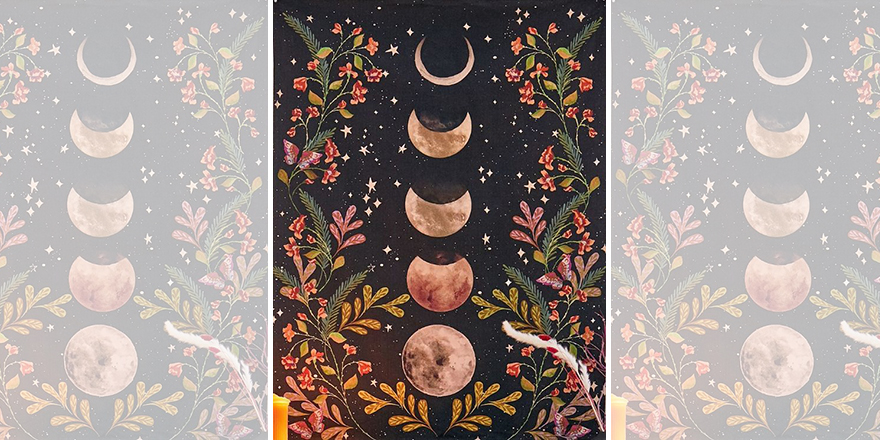
A Conversation with David Brazier
The countries that are supposedly most advanced are often the ones with the highest suicide rates because, for many people, life has become meaningless
David Brazier
[email protected]
Roportajı yapan: Yılmaz Akgünlü
Yılmaz Akgünlü: As human beings we generally believe that we are intelligent creatures. But in this age, present ecological, social and psychological problems of the world don't imply us as if we are really intelligent. We can do things which destroys the nature that we need and our well-being in general. So how is this possible? And what can we do to stop this and become really wise to cure ourselves and the world? What can Buddhism say about it?
David Brazier: We call Buddhism Dharma. The Dharma that I try to follow suggests that the first step in wisdom is to recognise our own foolishness. All religions, in fact, tell us to avoid hubris: to not think of ourselves a gods and masters. While we are trying to pose as better than we are, we make many foolish mistakes. So it would make a big difference if we were a little more humble, a little more modest in our ambition. Humans have tried to conquer nature, but we are part of nature. We are not so different from the aphids that live on a rose bush and multiple until there are so many that the rose bush dies. The aphids can then fly to another bush, but we do not have a second Planet Earth to go to. If we multiplied less, lived more simply, respected other species, did not waste so much, did not try to take so much for ourselves, then we could live in harmony with nature. But this is probably not going to happen, so it is likely that we will face an increasing number of disasters in the foreseeable future. So, short of finding the wisdom to solve the whole situation, we are going to need to find the wisdom to cope with increasing difficulties.
Y.A. : You said we dont have another planet to go. But we may reborn in another planet or another realm when we die. People may easily believe in this and doesnt worry much about the future of our planet. So can we say that this kind of beliefs make people less sensitive about the situation?
D.B.: Interesting question. But I think most people who believe they are going to be reborn think that it will likely be here on this planet so they are concerned about the future, whereas those who do not believe in rebirth may well think that the future is no real concern for them because they will be dead and gone by the time the situation gets really bad. However, changing tack a little, i think we are on the cusp of a shift in the spirit of the times. We have now lived with a paradigm of inevitable progress for a few centuries. We all grew up in a world in which people believed that their grandchildren will inevitably enjoy a better world, but now, I find, people are less confident. Modern Western culture was built on the idea of linear cultural, scientific and economic progress, whereas most ancient and most Eastern cultures were built either on ideas of gradual decline from a "Golden Age" in the past, or upon the idea of cycles in which things sometimes progress and sometimes regress. One can find both ideas in the background of the Buddha Dharma. I think the Dharma offers a kind of timeless wisdom that can see us through the good times and the bad ones with some equanimity and compassion. In my Zen Therapy book I suggest that this makes it a kind of therapy for the age we live in.
Y.A. : In your Zen Therapy book you say that when people are too anxious about smoking and be afraid of dying this will not stop them smoking. On the contrary they smoke more because they will be more anxious. In similar way, being anxious about future of planet doesn't lead us to consume more and behaving recklessly?
D.B.: That may be true. We need wisdom, compassion, faith and humility, rather than anxiety and fear.
Y.A. : You said we need wisdom, compassion, faith and humility instead of anxiety and fear. So this arouse two questions in my mind.
The first question: why is there anxiety and fear in our mind and body? Why do nature created this feeling instead of only positive ones?
Second question why is it difficult to achieve wisdom, compassion and all other values?
D.B. : Nature is wiser than we are. Those who did not have fear did not survive. Those who do not experience pain have exceedingly difficult lives. Because of pain you quickly take your hand out of the fire. Because of fear you do not put it into the fire again. Wisdom and compassion can grow quite naturally, but we compound our delusions by following misguided ideals. Wisdom is not a matter of getting rid of pain and fear, but of understanding and respecting them. We say we value awareness, but we do not appreciate how awareness grows out of wariness. If there were no danger, there would be no consciousness. The primitive instinct helps to keep us safe. We misguidedly think that to be an ideal person one must get rid of it, but really there is nothing to get rid of. In the Mahayana Dharma we say “the passions are the bodhi” - wisdom is when we turn around our attitude and realise that there is nothing to get rid of. Then we have the faith to live life naturally.
Y.A. : As I understand from your words a wise person doesnt see any difference between hell and heaven. But for ordinary person like us it is difficult to maintain this vision all the time. We are easily distracted and begin to see things in a dualistic way. I think most of us see to be a wise person as something boring. By not doing anything wrong we feel life lose is excitement. Heaven is a boring places where people are sitting aimlessley listening tranquil music.
D.B.: I think that the wise person sees heaven as heaven and hell as hell and has a deep rooted acceptance and willingness. If it is heaven, it is heaven; if it is hell, it is hell; if it is exciting, enjoy but don’t get too carried away; if it is boring, relax and enjoy, for it will surely change before long. The awakened person has a higher loyalty to Dharma, so things come and go like scenery on a journey. When you walk in the mountains, sometimes it is uphill and sometimes down, sometimes there is a good view and sometimes all is lost in cloud. The awakened person discerns all this diversity and always has the faith to take the next step. In life there is a multiplicity of experiences, but a single thread of Dharma.
Y.A.: Thank you David for your words which inspire me. I feel that we have to work enthusiasticaly to internalize wisdom. Without work there is no gain. But where to start this journey? We as modern people feel lost most of the time. What can you recomend us to stop this feeling of lost and turn the right way? This is my last question to this beautifull dialogue.
D.B. : Yes, it is true that the attitudes that nowadays tend to be considered most modern or progressive seem to have created a spiritual wasteland. The countries that are supposedly most advanced are often the ones with the highest suicide rates because, for many people, life has become meaningless. One needs to give one’s life to a higher purpose. Embrace the Dharma; find a teacher; cooperate in a sangha; work together with those who have the most noble aspiration, keep good company, simplify your life and, if possible, live close to nature. Remember some of the old fashioned virtues - gratitude, humility, loyalty, kindness, generosity. Pray, meditate, have simple ritual that remind one of the deeper meaning, respect what is holy and let it reflect in your life. Life is short and it is important that when the death time comes one can look back upon a life well lived, which means a life filled with faith and love.




















